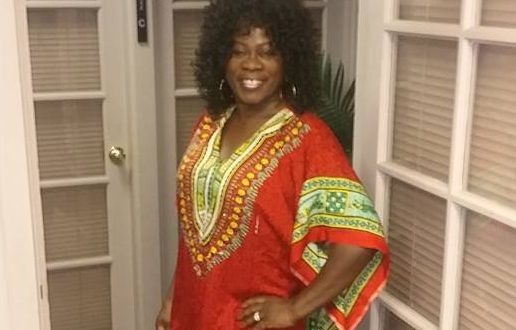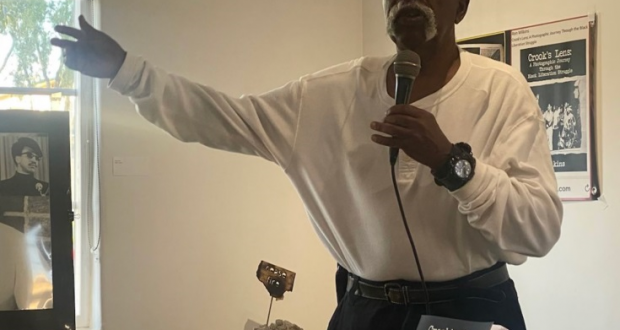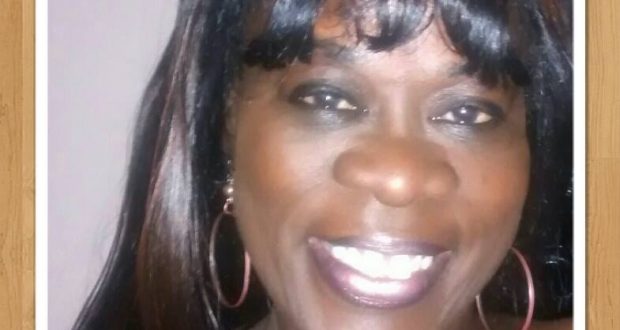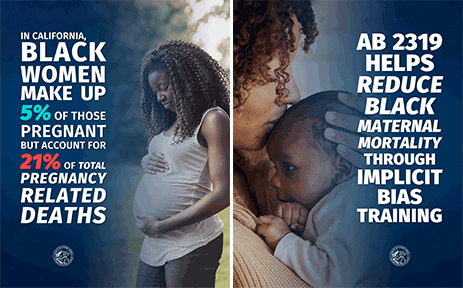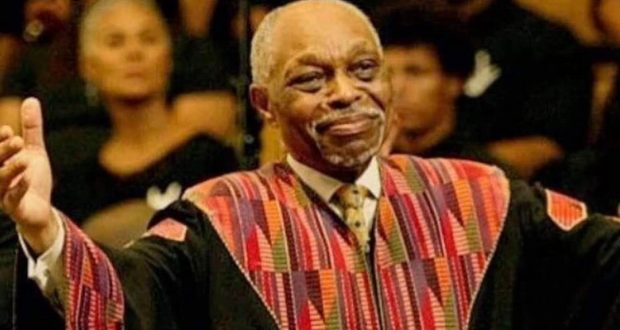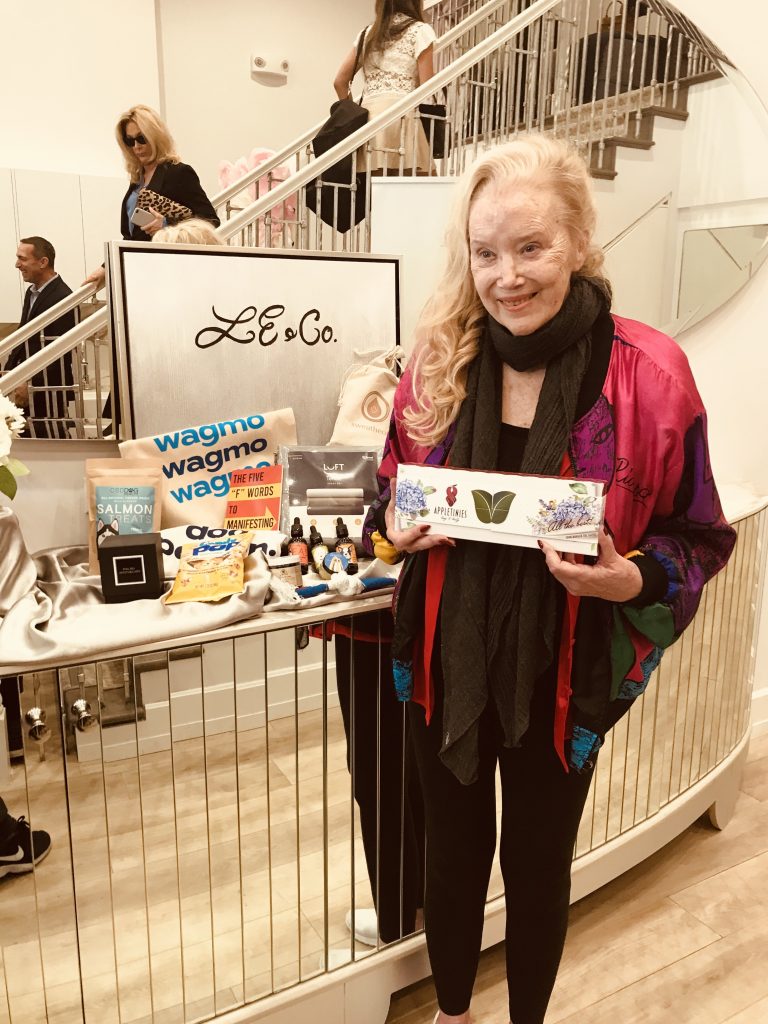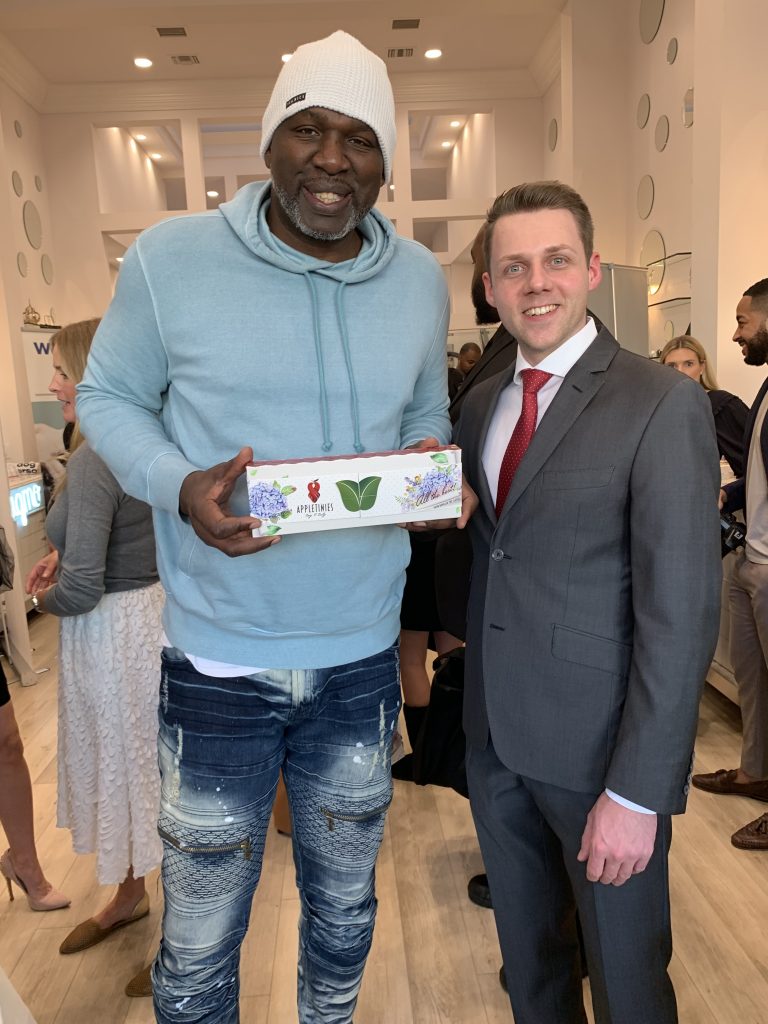By Khalil Abdullah, Ethnic Media Services
PHOENIX, AZ. — In the conference room of the Phoenix Indian
School Visitor Center, a chair sat empty at a recent convening of community
media and stakeholders to promote Arizona’s 2020 census.
Lizbeth Luna, regional director for NALEO’s Arizona census
initiative, abruptly cancelled as a speaker, learning her father had been
detained by the U.S. Immigration and Customs Enforcement agency (ICE). The
intersection of immigration and the census was one of several topics at the
convening, but the empty chair spoke to the tenuous netherworld of immigrant
status in the United States.
In June, the Supreme Court barred Commerce Secretary Wilbur Ross
from adding a question on citizenship to the Census 2020 form. The ruling was
applauded by Katie Hobbs, Arizona’s Secretary of State, who supports a
permanent ban on such an initiative. After the question’s dismissal, advocates
continue to fear diminished participation in the census, particularly from the
Latino community. Worries are the current administration will not respect the
confidentiality of personal information, despite laws and fines discouraging
the sharing of individual census responses among federal agencies.
At the convening, co-hosted by Ethnic Media Services, OneArizona,
the Arizona Community Foundation and the Leadership Conference Education Fund,
EMS executive director, Sandy Close encouraged attendees to collaborate in
their messaging and outreach on Census 2020. Citing the decrease of traditional
community media as one motivation, Close said the driving impetus for
collaboration should be concern about the potential loss of census data-based
funding for federal programs that contribute to children’s well-being. Children
are the most likely to be undercounted and highly vulnerable to funding
reductions.
“We, as media, need you, as community organizations, to extend
your communication outreach, especially to populations that don’t have media
outlets,” Close said. “Today’s meeting is an effort to forge a consensus across
ethnic groups, community organizations, state and local government groups and
other stakeholders. Do it for the kids.”
Jim Chang, state demographer, Arizona Office of Economic
Opportunity, provided an overview of the state’s racial demographics. He
projects that the decreasing and aging white population, currently comprising
54%, and the increasing, younger Latino one, now at 32%, would reach relative
numerical parity by 2050 at 45% and 40% respectively. The balance of the
population, with no cohort above 5%, is comprised of Asians, blacks, Native
Americans and others.
“A lot of people I talk to believe that, right now, the births to
Hispanic mothers are higher than the births to non-Hispanic whites,” Chang
said, “but that was true only one year, 2007.” Since then, white, non-Hispanic
women have led their Latina counterparts with no anticipated change through
2050. Importantly, Chang has seen estimates of Arizona’s 2010 census undercount
of children at 4%, 7% and as high as 10%. “Every method has its flaws,” Chang
said, but overall, compared to other states, Arizona did fairly well in its
total population 2010 census assessment.
Alec Thompson, representing the Arizona governor’s office,
acknowledged hard-to-count communities within the state where undercount
percentages have been higher than those for children. Though the state
legislature rejected his budget request to fund census public education
initiatives, he said Gov. Doug Ducey has about $1.5 million for paid media
advertising.
“We are hoping to grow that number,” Thompson said, with media
outreach as part of a plan that includes a complete count committee’s credible
messengers to reach diverse communities. Government agencies will be directed to contact the customers they
serve, for example, the state’s 6,000 foster parents will receive an email
about the census.
Thompson said Arizona had spent no state money for 2010 census
outreach due to fiscal caution after 2008’s recession. A key motivation to
encourage 2020 census participation is a calculation that “a 1% undercount is a
direct loss of $62 million to the state.”
Whitney Walker, director of communications and public policy for
Protecting Arizona’s Family Coalition, (PAFCO), spoke to the need for more
state level advocacy to bolster the housing trust fund and domestic violence
shelters, among other initiatives that ameliorate “the cycle of poverty
vulnerable Arizona families are facing.”
To her point, the annual Annie E. Casey Foundation’s KIDS COUNT
Data Book on the status of American children living in poverty ranks Arizona at
only 43rd in overall wellbeing for children.
In Arizona, immigration is a highly contested issue. Walker said
the political climate can interfere with the dissemination of clear and concise
information. She didn’t dispute the assessment of Arizona’s 2010 census
efforts, but noted that there was “a 30% undercount for Maricopa County, which
now has a population of over four million people.”
Janice Palmer of the Helios Education Foundation, which focuses on
Latino students’ academic success, underscored Walker’s observations: “Maricopa
County had the second largest undercount of Latino children.” Using 7% as the
projected undercount, she estimated, in that county alone, 27,000
Latino children were omitted from census 2010 data.
The Native American and Alaskan Native populations pose unique
challenges to the census, according to Mark Trahant, editor of Indian Country
Today.
“The primary problem for us is that it comes down to
self-identification, and when you’re dealing with tribal communities, you’re
talking about citizenship and a more complex way of looking at identity,”
Trahant explained. He added that ICT has been reporting for three years that
the 2020 census has been in trouble, partly due to underfunding. In Alaska, he noted,
two field tests were cancelled to save funds and, overall, a dearth of
linguists available to translate census instructions and information into local
languages.
For Trahant, paramount is how to transform Native American
presence into political representation. Even with the recent election of Native
Americans to Congress, he calculates they constitute less than three-quarters
of one percent of that body, assuming Native Americans represent 2% of the
population, which is itself “probably an undercount.”
To achieve accuracy, the Census Bureau will have to contend with
Native Americans’ lack of broadband access and the difficulty of determining
addresses in remote communities. Additionally, Trahant said tribal
identification will be “a demographer’s nightmare” because many Native
Americans have multiple tribal identifications in their family trees. How will
resources be fairly allocated, he mused?
D.L. White, reporting for The Arizona Informant, also raised the
issue of accountability, asking state Rep. Diego Rodriguez – the convening’s
final speaker — how an undercount could negatively affect funding for minority
groups and refugee communities. Rodriguez responded that allocating funds is a
result of horse trading at the heart of the budgeting process.
“We all agree that the budget represents your values,” Rodriguez
said, but “we have to make sure our numbers are counted so that we get adequate
representation.”
Acknowledging representatives from Somali, Congolese and other
emerging refugee groups at the briefing, as well as from Native American, black
and Latino populations, Tameka Spence of Arizona Community For Change
emphasized that the first step is addressing the trauma many have experienced.
“In trying to help folks understand why the census is important, we’re asking
them to confront that trauma and we need to acknowledge that it’s there, it’s
real.”
Though the empty chair attested to the Luna family’s immediate
trauma, the Indial School Visitor Center venue exuded optimism. Once the site
of a federally run school to socially re-engineer Native American students,
Center director Rosalie Talahonva – herself an alumna — recalled how students
were drawn from different tribes often deeply at odds with each other as well
as the U.S. government. Whether antagonisms were ancient or personal, new or
imagined, the students persevered, forging consensus and cooperation among
themselves — an inspiration for Arizona’s mosaic of stakeholders striving to
achieve an accurate census count.
 Westside Story Newspaper – Online The News of The Empire – Sharing the Quest for Excellence
Westside Story Newspaper – Online The News of The Empire – Sharing the Quest for Excellence
